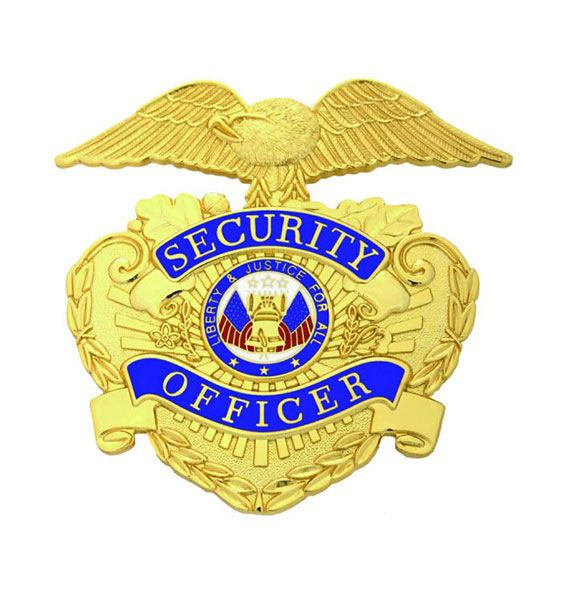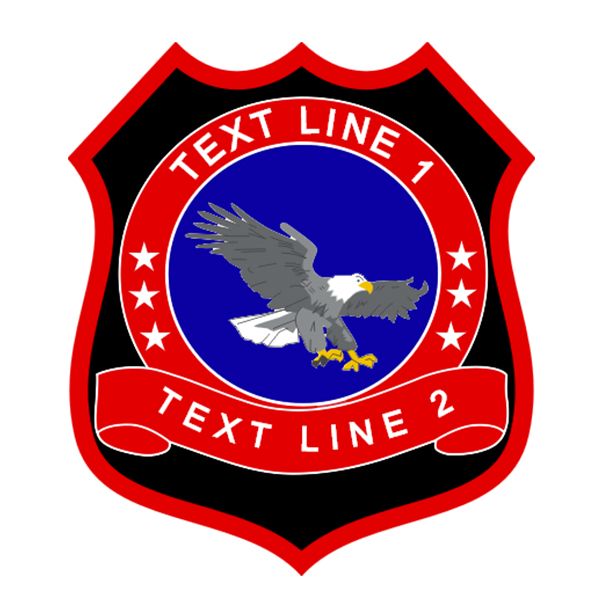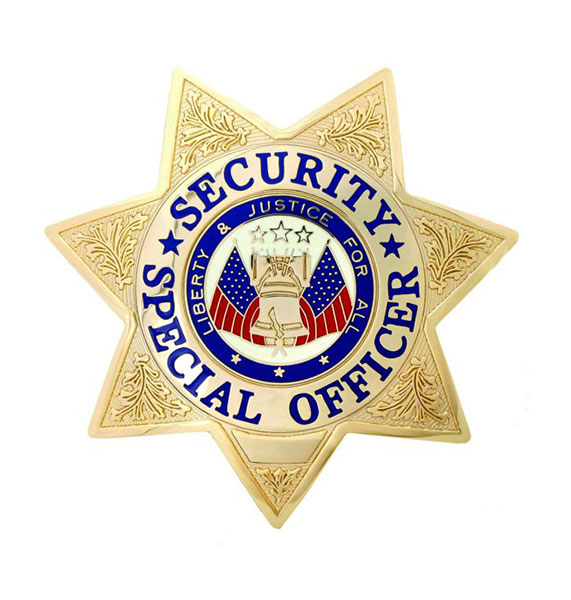For private security guards operating in the US, a private security officer badge is more than just a symbol of power. There are laws that control how they are used, and both security firms and police must abide by them. This article explores the important legal aspects of security officer badges and provides valuable information.

Defining an Official Security Officer Badge
As a means of identification, security officers wear police emblems that usually have their name, a picture ID, the name of the company, and a logo on them. Its main purpose is to facilitate affiliation and identification. However, in order for a badge to be considered official, it must fulfill certain requirements:
- Including the photo ID of the officer
- Representation of the company name
- An officer-specific unique identifying number
- Steer clear of the word "police."
- Removal of insignia that might be mistaken for law enforcement emblems
- Getting Around Security Laws Badge Exhibition
Several laws dictate the rightful display and usage of security badges:
The private security officer badge has its own value and needs to be displayed carefully in public because these batches provide a sense of security. Here are some pointers for the consequences of misusing the badges:
- Mandatory show: It is illegal for officers to try to conceal or disguise their badges while on duty, so they must wear and display them conspicuously.
- Dangers of Impersonation: If a badge is worn without permission and impersonation occurs, there may be penalties or criminal charges.
- Prohibited Terminology: In most places, it is unlawful to use phrases like "police" or law enforcement insignias on private security badges.
- Limitation on Display: Badges are often only appropriate for use on uniform shirts or jackets; they are not appropriate for use on regular off-duty attire.
These laws discourage impersonation and misrepresentation while upholding the credibility of security personnel.
Regulations in Securing Security Officer Badges
As a private security company, if you seek to own your custom security badges, then according to Federal and state laws, you have to follow some rules/ guidelines:
- Licensing Requirement: In order for security companies to legally hire security guards, they must hold state licenses.
- Training Requirements: Prior to issuing badges, employed officers are required to fulfill state-specific training requirements.
- Acquisition of Badges: Officers are not permitted to purchase badges themselves; only authorized security firms are permitted to do so.
Furthermore, it's imperative to follow the rules regarding the type of material, size, design, and wording for badges. It is essential that security firms stay informed about any changes to state regulations.

Consequences for Law in Misusing Badges
There are legal ramifications for misrepresenting or abusing security badges:
- Accusations for using a fictitious badge to pose as a security guard.
- Perhaps illegally wearing a badge after leaving a job.
- Inappropriate use of badges by off-duty police carries the risk of disciplinary action.
- Using terms or symbols associated with police enforcement on badges is prohibited.
It is essential to be vigilant about badge misuse, to ensure that existing personnel wear only approved badges, and to retrieve badges following termination promptly.
Conclusion
Now that you have a clear understanding of private security officer badges and the rules and regulations that come with them. So, if you are seeking a unique, customized badge for your organization's security team, then consider Pro Uniforms - a renowned complete uniform solution for all your security needs. Visit our website for more information!






